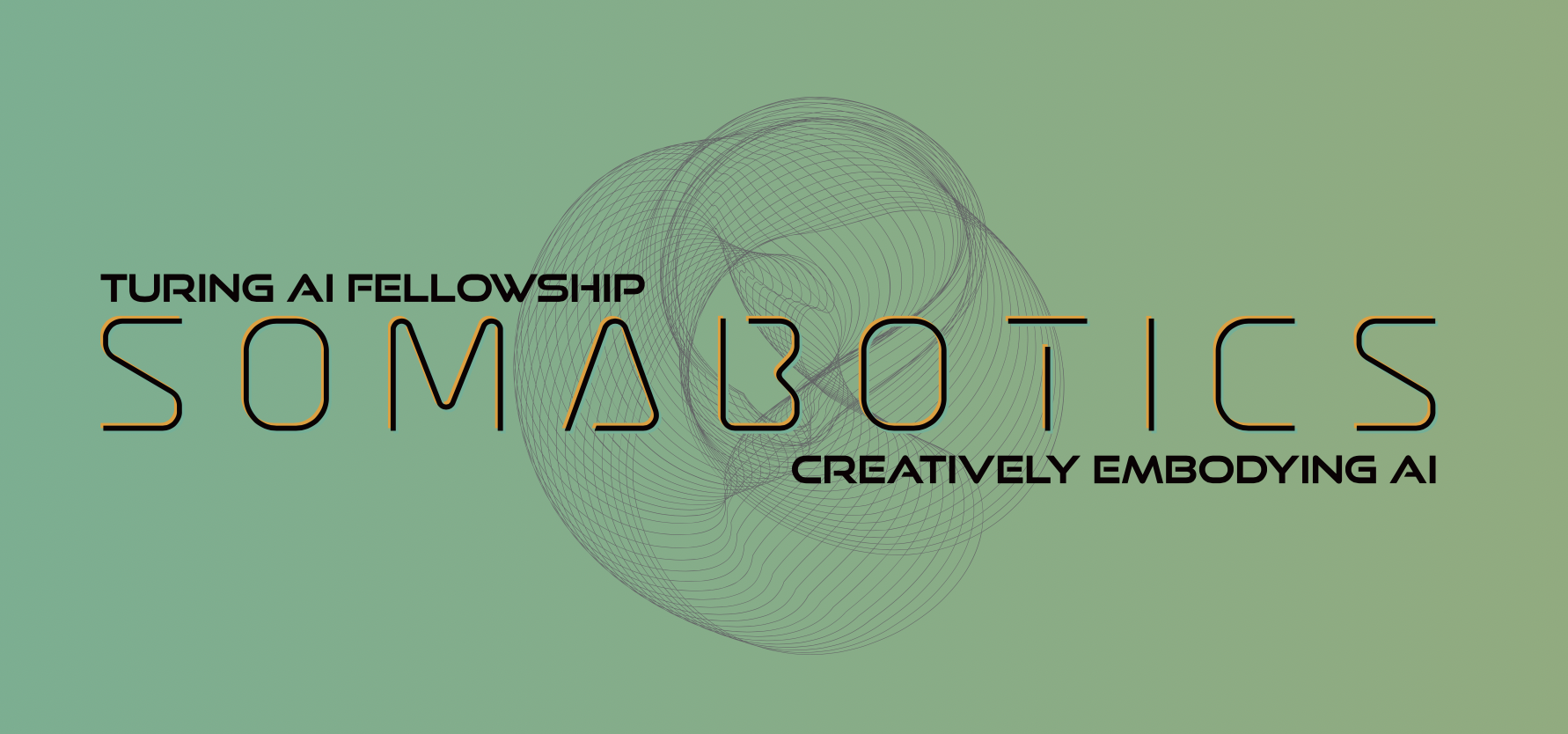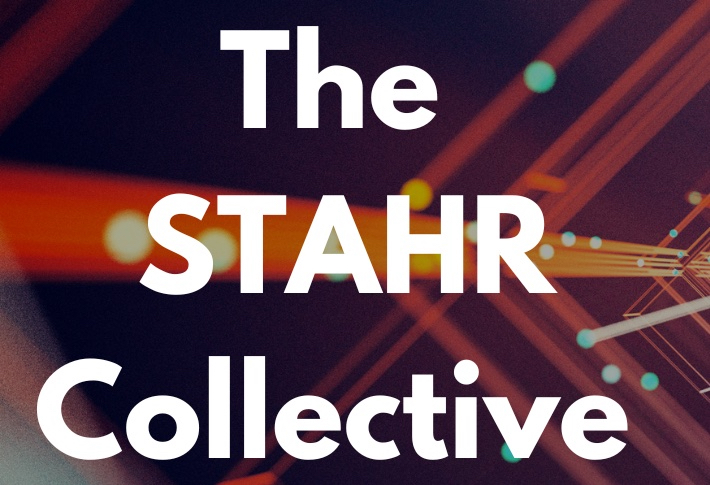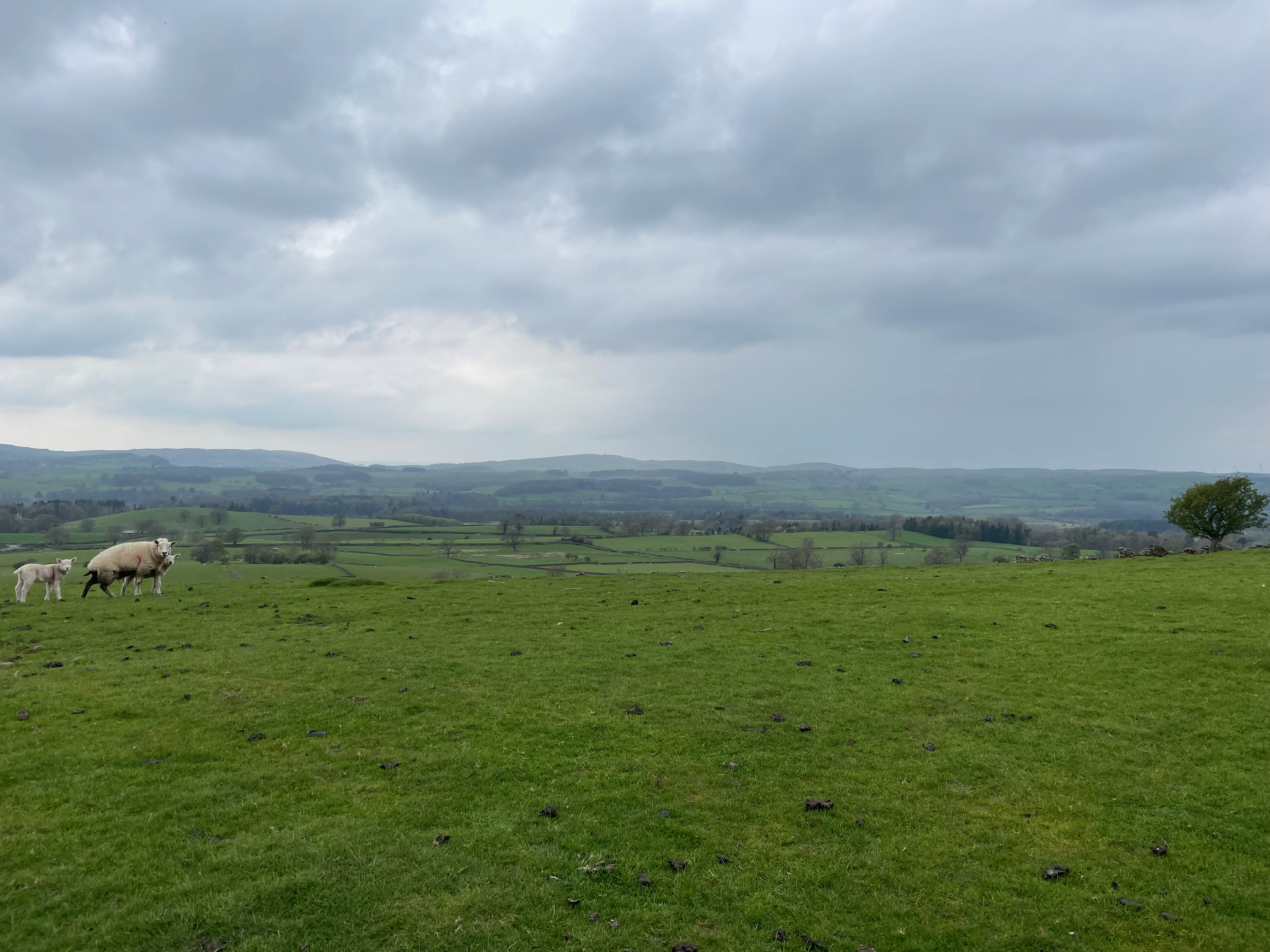Despite almost a quarter of the world’s population living in rural areas, ruralfocused CSCW makes up a tiny fraction of published CSCW research and design. When CSCW work does focus on the rural there are issues with the way rurality is identified and understood and limitations in the approaches to research and design in rural contexts. Building on a recent increased interest in rural informatics, which has drawn on social science scholarship to take stock of previous rural research and set an agenda for rural computing, we aim to identify opportunities for CSCW research to engage with rural issues and foster a rural informatics community of practice. As the world relies ever more on rural areas and the importance of information technology to rural resilience is ever more apparent, the need to innovate and design from the rural must become more central to CSCW.
This workshop will provide researchers and practitioners interested in rural CSCW and rural computing an opportunity to discuss future directions and share insights, ideas, and issues from different rural contexts. It will facilitate cross-disciplinary and cross-sector discussion, sharing, and understanding on current issues, research, and community development work. The workshop will create an opportunity to collaboratively set pathways and approaches for a rural informatics research agenda. We aim to create an action plan that will orient future activity around key rural challenges where CSCW researchers can have the biggest impact.
Schedule
The workshop will run over a half-day.
- 60-90 mins Presentations and provocations: Co-organizers of this workshop, additional experts within rural informatics and representatives from rural community organizations will be invited to deliver fifteen to twenty minute “provocations” informed by their ongoing work within rural contexts and with rural communities. These might be context or domain-specific but should relate to the thematic areas (i.e., defining the rural, imagining the rural, etc.). The main aim of this session isto contribute to the later thematic conversations by giving a glimpse into the plurality and diversity of the rural, while also giving us some frameworks or lenses to see through challenges and potential technological responses.
- 90-120 mins Themed discussion tables. We will set up 3-4 tables with each table focusing on one topic that we have identified from recent research within rural communities. Each table will be coordinated by a facilitator who will take notes during the discussion. The aim of these discussions will be to mobilize experience of rural research and expertise from complementary research fields around the challenges presented in the “provocations”.
- 15-30 mins Summary and next steps. Organizers talk in plenary and set out immediate next steps for the group. The notes from each discussion table will be shared in order to provide key directions for CSCW research to engage with rural challenges.
Call for Participation
Submission Format: Example of your work, such as a case study, position statement or equivalent, that demonstrates engagement either with rural informatics/rural computing or with a relevant area of interest
Submission Deadline: May 30th June 12th, 2025 (23:59 AoE)
Notification of Acceptance: June 17th, 2025
Workshop Date: July 1, 2025
Submission Form: Click this link
Submission Format
We are asking participants to submit an example of their work, such as a case study, position statement or equivalent, that demonstrates engagement either with rural informatics/rural computing or with a relevant area of interest. We are keen to keep the barrier to entry as low as possible to encourage participation from a wide range of academics and practitioners
We will select participants on the basis of ensuring the discussions are dynamic and engaging and that all participants have time and space to contribute whilst also including a broad range of backgrounds and perspectives.
The deadline for submissions is the*30th May12th June (23:59 AoE). Successful authors will be notified on the 17th June and the workshop will take place on the 1st July.
Please submit using this form.
Registration
Workshop participants must register for either the Pre-Conference or Full Week conference.
The deadline for early-bird registration has now been extended to the 30th May and prices for pre-conference registration have been reduced.
Details about conference registration can be found on the ECSCW '25 conference website here
Workshop Themes
The overall aim of this workshop will be to create a plan of action for future rural informatics research that bridges sociological considerations (i.e. that has a good understanding of the challenges) with computing (i.e. what are the technological potentials for sustainable and resilient rural communities). We aim to explore: what approaches are required in rural contexts? What can we learn from prior CSCW work and its breakdowns? What additional complexities are there when designing technologies in, for, with, and from the rural?
We suggest five broad topics for discussion, that cover the ontological nature (how the rural came to be), epistemological questions (how we know and understand the rural) and methodological questions (how we intervene as researchers and designers) relevant to rural computing research:
- Approaching the rural: Why rural? Establishing motivations and inspirations.
- Defining the rural: Who isrural? Identities, characteristics, and positionality.
- Imagining the rural: Where is the rural? Contexts, boundaries, and discourses; there is no single vantage point from which to see the rural whole; so, we need to reflect upon the lenses (e.g. academic, media, lay), and frames that we privilege, bypass, draw from, start from or end with.
- Re-imagining the rural: When is the rural? How could different lenses and frames of rural identities be used to re-imagine the rural?
- Re-making the rural: How rural? Setting out approaches, methods, and priorities.
Organisers
Ben is a first year PhD student exploring the design and use of digital technologies for rural communities. He is interested in how social and technological infrastructures support information sharing and civic participation, and in the potential for socio-technical innovations to support rural resilience.
Ian is a Lecturer in Human-Computer Interaction and Community Technologies at Open Lab, Newcastle University. He has a background in the social sciences and his PhD in Digital Civics was interdisciplinary across the School of Politics and the School of Computing. Ian’s research, published in CHI and CSCW, has investigated the role of the researcher, and stakeholder power and influence during technology deployments related to local decision-making, explored the interplay between data, knowledge and evidence in local-level policymaking, on the creation of spaces for civic discourse, and on the way citizen-led organizations can create resources for democratic action through configuring participation during local consultation.
Nick is a Senior Lecturer in Human-Computer Interaction in Open Lab at Newcastle University. His research attempts to understand the impact of emerging technologies and practices, and to imagine, prototype and explore possible preferable futures around those technologies. Much of this work has focused on the role of technology in communities, including longitudinal technology deployments in rural Lancashire.
Alan is a Principal Research Fellow at the University of Nottingham, in the Mixed Reality Lab, Computer Science. His research focuses upon interdisciplinary approaches to Human Computer Interaction (HCI) and Design. He has published award-winning research in the leading conferences in the field, such as CHI and CSCW. He continues to work internationally and is a visiting Professor at Copenhagen Business School, and Aberystwyth University, where he is developing interdisciplinary research initiatives relating to Design, AI, Robotics and ‘Rural Informatics’.
Contact
For more information, please contact Ben (b.davies7@newcastle.ac.uk) or Ian (ian.johnson2@newcastle.ac.uk).
Acknowledgements
This work was supported by the Engineering and Physical Sciences Research Council through the Turing AI World Leading Researcher Fellowship in Somabotics: Creatively Embodying Artificial Intelligence [grant number APP22478], AI UK: Creating an International Ecosystem for Responsible AI Research and Innovation [EP/Y009800/1] (RAI UK/RAKE) and the STAHR Collective



